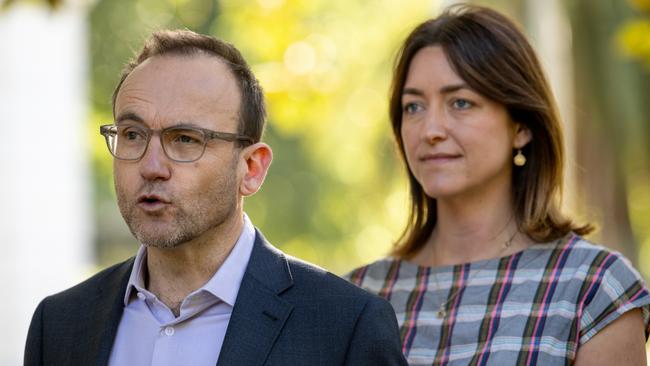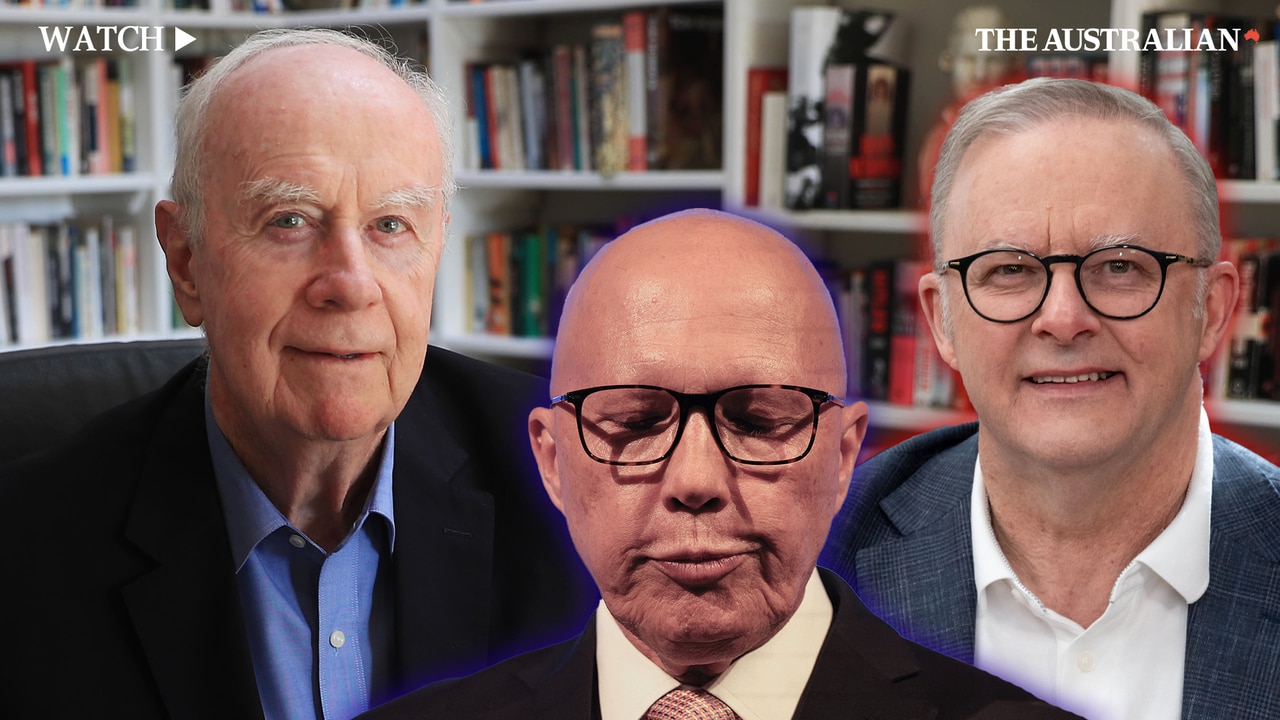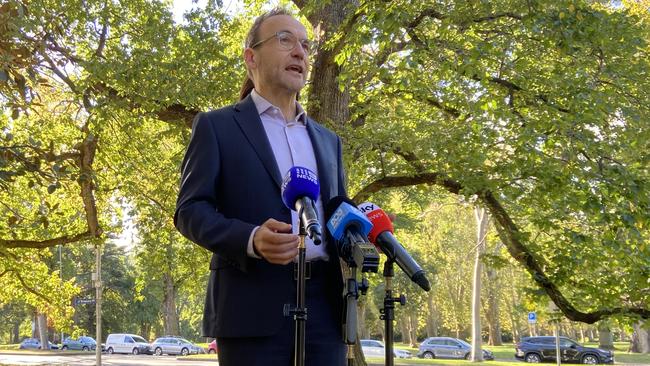
The Greens are in retreat, being beaten down and forced back into the enclave of the Senate – their original realm of influence.
As a parliamentary party, which began 30 years ago with the election of founding environmentalist Bob Brown to the Senate, the modern Greens face an existential and strategic threat following the 2025 federal election.
Despite Adam Bandt’s declaration of how well the Greens vote has held up in the “most progressive Senate” on record, the brutal reality of the vote is that: his own seat of Melbourne could be lost, automatically losing him the leadership; at least two Queensland Greens MPs are gone, with a third still at risk; and there is no improvement of the Greens’ numbers in the Senate.
Anthony Albanese has deliberately and diligently targeted the Greens, even when he feared the prospect of slipping into minority government, with the aim of picking up seats for Labor, fighting off the toxic fear of a Labor-Greens minority government, and backing his vow not to do deals with the party. The Prime Minister has succeeded in all his aims and magnified the Greens’ difficulties.
The existential threat exposed on Saturday in the federal election is the continual decline in Greens support and representatives. It follows failure at the Queensland state election, the Northern Territory election, the Brisbane City Council and even in the Canberra Green house of the ACT.
The strategic threat, made worse by Bandt’s adoption of more extreme political positions away from the environment and decision to declare early he would “keep Peter Dutton out”, is the diffusion of Greens support away from a few key seats, the greying of the Green vote – the youngest people who voted for Brown in 1996 are turning 50 – and an environmental shift to Labor and the teal Climate 200 independents.
After each setback the Greens argue their statewide or national support has “held up” and their national polling remains steady.
Yet what happened on Saturday was that the Greens were rendered irrelevant in the House of Representatives because of Labor’s massive majority. They were even outnumbered by other independents despite holding on to two seats.
The fall back is the Senate after disastrous overreach in the lower house, which has destroyed other minor parties in the past. Hence Bandt’s declaration on Monday that he was “incredibly proud of our role in keeping Peter Dutton out” and that the Greens Party, with 11 senators, was the “sole balance of power in the Senate”.
The Greens’ argument is that the new Senate is less complex and the Greens represent the largest single bloc. Bandt argues that “with Greens in sole balance of power in the Senate at the moment, the government can’t blame other individual senators for not being able to get things through”.
“The only barrier to getting dental into Medicare … is Labor,” he said. “The only obstacle to making childcare free is Labor. The only obstacle to stopping new coal and gas mines from being opened is Labor. We stand ready in the Senate to make this the most progressive parliament that Australia has seen.”

But a forced retreat to the Senate doesn’t recognise that, in fact, the Greens don’t have the largest single bloc outside the Labor Party – the Coalition opposition does.
Facing its own survival crisis, the Coalition is going to have to reassess its own strategy and restore some of its shredded credibility, while at the same time reducing the Greens to total irrelevance not just in the lower house but also in the upper house.

The Greens have become so radical on economic policy, and Albanese has been so adamant about not “doing deals” with them, that there is an opportunity for a new Liberal leader to genuinely offer to work with Labor in the Senate to ensure sensible and necessary economic policies are adopted.
John Howard as opposition leader recognised the national interest in supporting essential economic reforms from the Hawke-Keating government – opposed in the Senate by minor parties and independents – and voted with proposals which are now seen as the great achievements of those Labor years.
It also helped Howard build economic credibility, demonstrate support for the national interest and be taken as a serious leader. This is a Green-free path for Australian economic reform.






